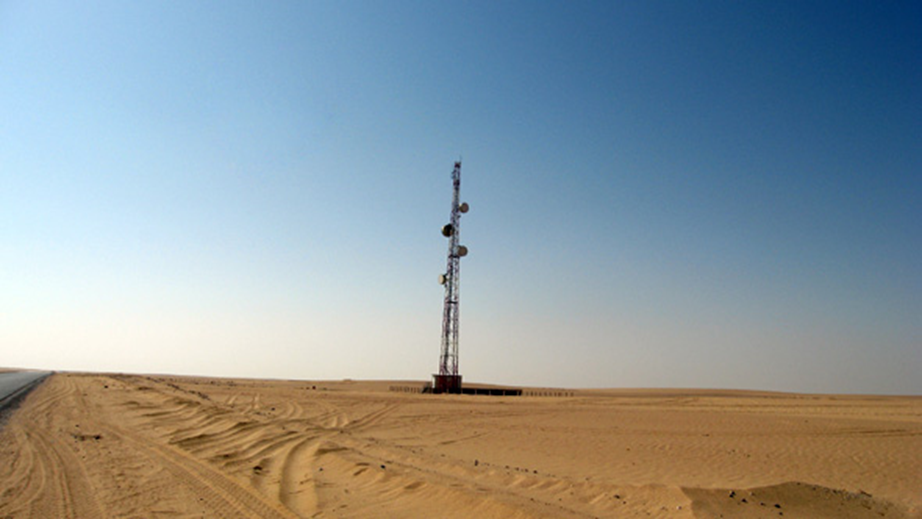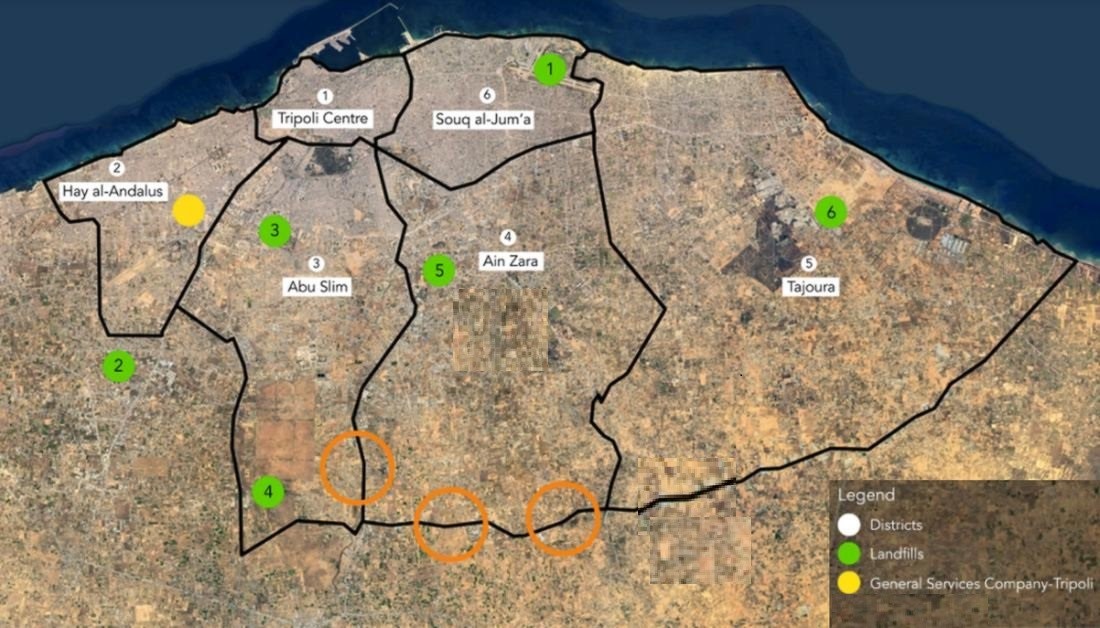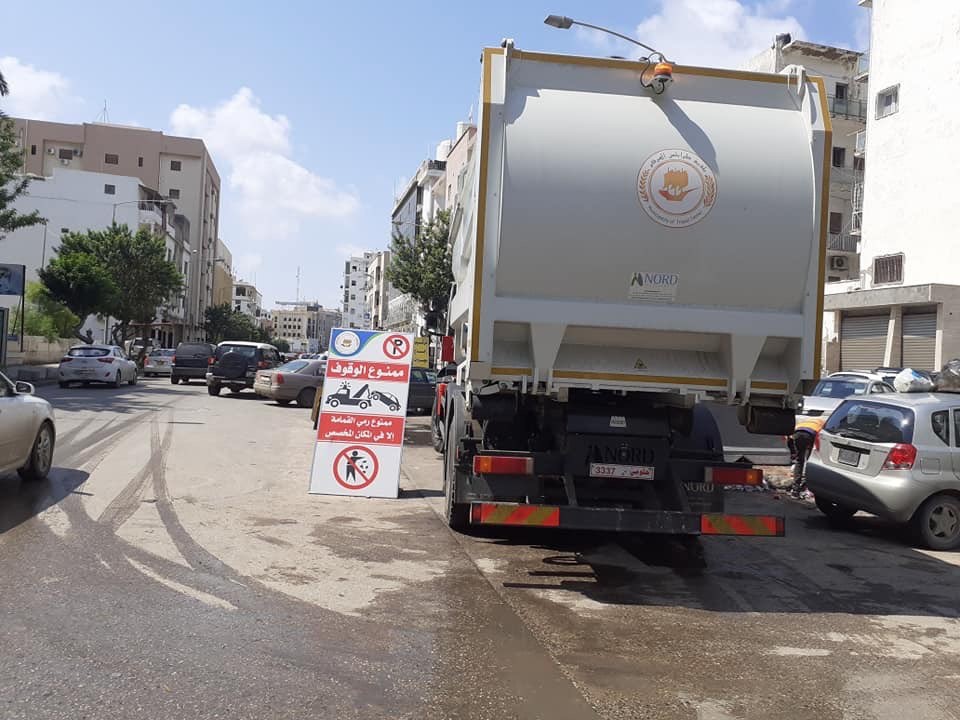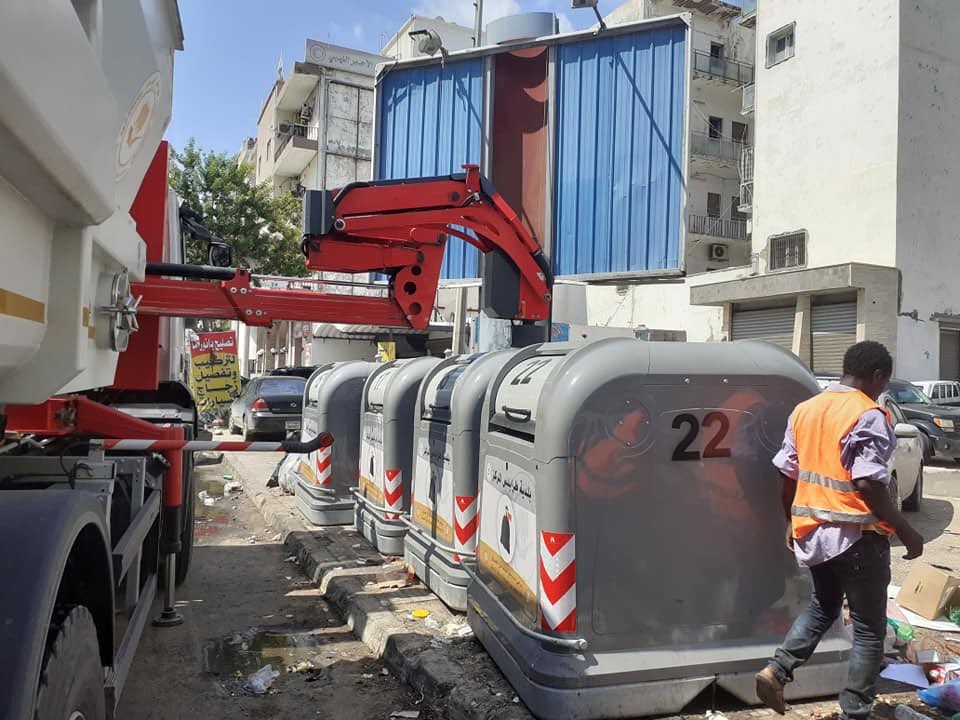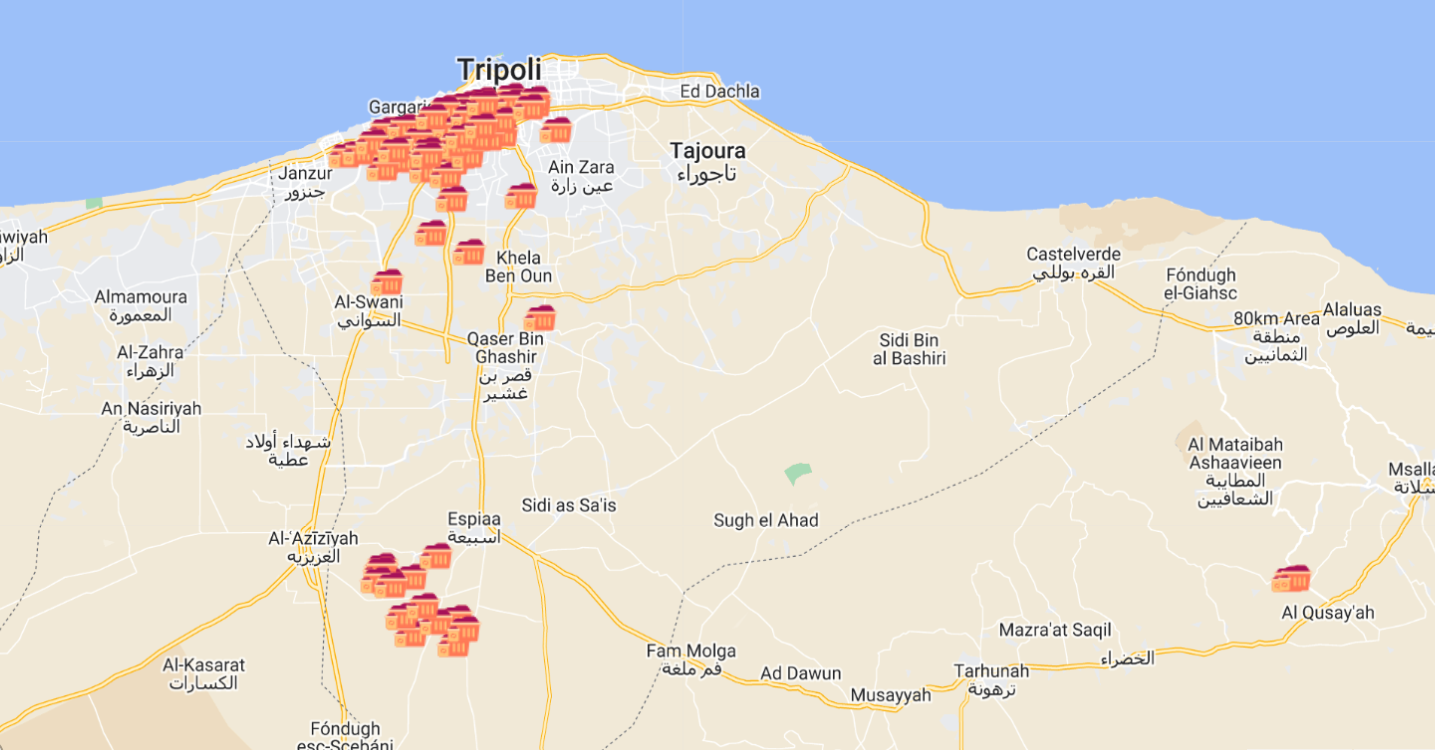Libya - 3.1 Libya Fuel
Fuel Overview
The fuel in Libya is provided and controlled by the Libyan National Oil Corporation, and it is subsidized by the government. Brega Company which works under Libyan National Oil Corporation is responsible for marketing the oil derivatives inside Libya through three companies (Alrahila, Sharara Oil Service Co, Oil Libya) The three above-mentioned companies manage their own fuel stations in all regions and cities of Libya, in addition to distributing and selling oil derivatives to the private and public stations, the vessels, the aviation sector, and the consumers from public corporations, economic units, factories, national and foreign companies.
Although Libya is an oil producer country and has the largest oil reserves in Africa, most of the local market needs of fuel are imported from the international market. This occurs due to the internal conflicts and security situation in the country which caused to frequent suspension of the oil field and oil refining works.
Shortage of fuel is common every now and then because of the constant fuel smuggling processes to the neighbouring countries and via sea to Europe.
For more information on government and fuel provider contact details, please see the following links:
4.1 Libya Government Contact List
4.7 Libya Fuel Provider Contact List
Information may also be found at: http://www.mytravelcost.com/petrol-prices/ which is updated monthly.
Fuel Pricing
Fuel in Libya is one of the cheapest in all over the world. The price is determined by the National Oil Cooperation and it’s subsidised by the government.
The availability of diesel is affected by the high demand as it is used for generators during the blackout and is bought on the black market at a higher price ($ 0.50 / 1 L).
|
Fuel Prices per Litre as of: 30-09-2021 (local currency) |
|
|---|---|
|
Petrol |
0.11 |
|
Diesel |
0.15 (official price) |
|
Paraffin |
N/A |
|
Jet A-1 |
N/A |
Seasonal Variations
Fuel smuggling is the main challenge that from time to time resulted in fuel not being available in the country.
Lack of liquidity is another factor that hinders the fuel supply process in the international market and affects its availability in the local market.
|
Seasonal Variations |
|
|---|---|
|
Are there national priorities in the availability of fuel? (i.e., are there restrictions or priorities for the provision of fuel such as to the military?) |
No |
|
Is there a rationing system? |
No |
|
Is fuel to lower income / vulnerable groups subsidized? |
The fuel is subsidized for all population |
|
Can the local industry expand fuel supply to meet humanitarian needs? |
No. The fuel market relies on importing, not on local industry. |
|
Is it possible for a humanitarian organization to directly contract a reputable supplier / distributor to provide its fuel needs? |
Yes. The humanitarian organizations can deal directly with one of the following companies ((Alrahila Co, Sharara Oil service Co, Oil Libya Co). |
Fuel Transportation
The fuel is transported through the three companies (Alrahila Co, Sharara Oil service Co, Oil Libya Co). The companies own a fleet of transport vehicles equipped with tanks to transport and distribute oil derivatives and products and gas according to customers' requests (distribution stations, airports, ports, factories...,etc.) for all cities inside Libya.
Standards, Quality and Testing
The Libyan National Centre for Standardization and Metrology (LNCSM) is the responsible entity to prepare and issue the national standards in all fields of products and services including the oil products.
The Libyan Petroleum Institute which is affiliated to the National Oil Cooperation (NOC), carries out research and technical studies related to the oil industry, conducts technical analysis and tests for the various stages of exploration and production of oil and petroleum products, performs quality control tests and issues certificates in this respect.
|
Industry Control Measures |
|
|---|---|
|
Do tanks have adequate protection against water mixing with the fuel? |
Yes |
|
Are there filters in the system which monitor where fuel is loaded into aircraft? |
Yes |
|
Is there adequate epoxy coating of tanks on trucks? |
Yes |
|
Is there a presence of suitable firefighting equipment? |
Yes |
|
Standards Authority |
|
|---|---|
|
Is there a national or regional standards authority? |
Yes |
|
If yes, please identify the appropriate national and/or regional authority. |
National: National Oil Cooperation (NOC) |
|
If yes, are the standards adequate/properly enforced? |
Yes |
|
Testing Laboratories |
|
|---|---|
|
Are there national testing laboratories? |
Yes |
|
Fuel Quality Testing Laboratory |
|
|---|---|
|
Company |
|
|
Name |
Petroleum research centre |
|
Address |
Gargarish 7 km road, Tripoli, Libya |
|
Telephone and Fax |
Tel: +218 21 4830022, Fax: +218 21 4830031 |
|
Contact |
email: info@lpilibya.com |
|
Standards Used |
The Libyan standard determined by The Libyan National Centre for Standardization and Metrology (LNCSM) |
Disclaimer: Inclusion of company information in the LCA does not imply any business relationship between the supplier and WFP / Logistics Cluster, and is used solely as a determinant of services, and capacities.
Please note: WFP / Logistics Cluster maintain complete impartiality and are not in a position to endorse, comment on any company's suitability as a reputable service provider.
